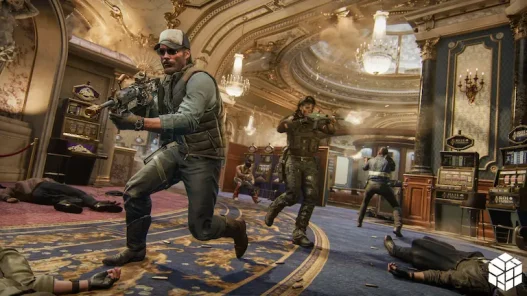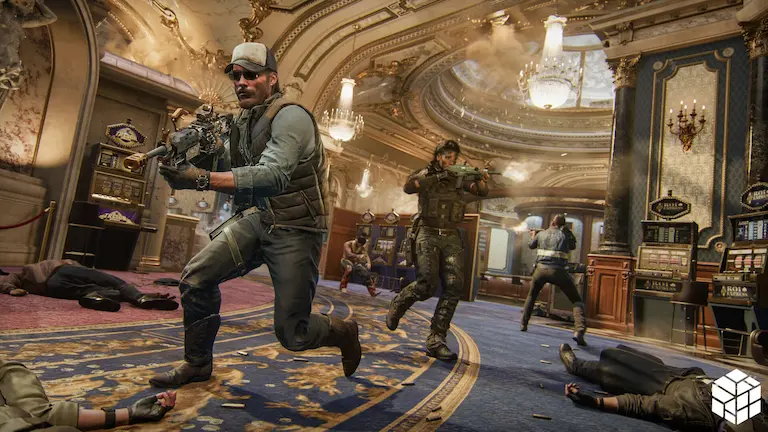Key Highlights:
- Call of Duty might finally be weeding out cheaters, it is claimed.
- Ricochet’s anti cheat solution has historically always lagged behind competitors.
- While this is appreciable, there is still far more work left to be done.
Call of Duty has historically had a hard time keeping up with hackers in-game. This is despite the game using a custom, kernel level anticheat solution known as Ricochet. Despite their best efforts, these have more often than not, ended in a total failure.
However, it is claimed that the game might finally be cracking down on cheaters, or so it would seem at first glance.
Ricochet Might Actually Be Banning Cheaters Now in Call of Duty
Call of Duty’s RICOCHET anti-cheat is finally working with the release of Black Ops 7 as it is now successfully detecting and eliminating cheaters before they can disrupt matches.pic.twitter.com/4b0wj9Hxrf
— Call of Duty News (@WarzoneCenter) November 18, 2025
As per recent posts on Twitter/X, Call of Duty might actually be starting to take cheaters very seriously. The montage posted in the X thread above seems to show a bunch of cheaters get automatically removed from the game mid playthrough.
These clips show players being ‘desynchronized’ at the start or end of a round, which results in an immediate removal, among other things.
Regardless of what you make of these claims though, it is most certainly nice to see Call of Duty give some semblance of importance to these issues, and banning cheaters mid match is a step in the right direction.
It Still Might Not Be Enough to Keep Cheaters at Bay
Dealing with exploits in a multiplayer game as massive as Call of Duty is essentially a game of cat and mouse. While you can most certainly keep most exploits at bay, it is only a matter of time before they creep up again.
When one exploit is patched, ten more workarounds appear. Such is the nature of anti cheat solutions, and this is the reality we have to live with. That being said, some anti cheat solutions are outright superior when compared to others, and Ricochet unfortunately falls on the bottom rung of the ladder.
This is despite the game having stringent security measures in place, such as the mandatory requirement for TPM 2.0 and Secure Boot.
This is also something seen in other games such as Battlefield 6, which uses these to great effect. For reference, Battlefield 6 uses the Javelin anti cheat system, which is leaps and bounds superior when compared to Call of Duty’s solution.
While the effectiveness of both solutions is debatable, what isn’t is Battlefield’s commitment to rooting out bad actors. The game has taken strict steps against cheaters, choosing to ban them from games entirely, including resorting to hardware level bans on the use of unauthorized devices such as the Cronus Zen.
This stands in stark contrast to Call of Duty, who is a lot more lenient in this regard, which has grown to become a sore point for its player base.
However, kernel level anti cheat solutions aren’t exactly necessary to ensure a fair environment with no hostility. Arc Raiders, for example uses Easy Anti Cheat (EAC), which does work out of the box with Linux based operating systems, none of which support conventional kernel level anti cheats.
The key point here is maintaining and enforcing a fair, competitive environment for all players, and putting in effort where it really matters. Even the best anti cheat system will have holes in it that allow for hackers to go through, and it is up to the developers to maintain a consistent level of security.
Call of Duty clearly has a lot to catch up to in this regard, and only time will tell how this pans out.




